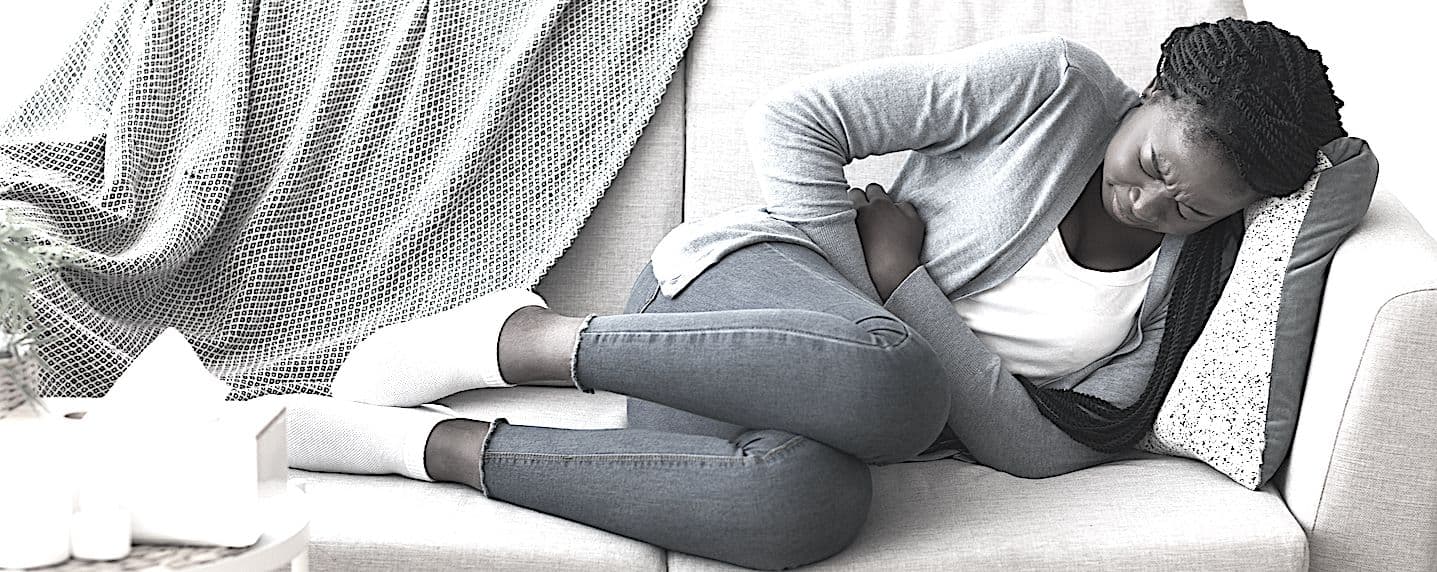Pregnancy Abdominal Achiness and Pain
Pregnancy Symptoms
Obie Editorial Team

Experiencing abdominal achiness or pain is one of the most common symptoms during pregnancy. Many expecting mothers feel sharp pains on the sides of their abdomen as the fetus grows. Understanding the causes and management strategies can help you navigate this experience more comfortably.
Causes of Abdominal Achiness and Pain
One of the key causes of abdominal discomfort during pregnancy is the stretching of round ligaments. These ligaments are located on both sides of your abdomen and extend from the top of your abdomen to your groin area. As the embryo grows within your uterus, your stomach enlarges, and these thick bands of connective tissue need to stretch to accommodate the changing size. This stretching can often result in some aches and pains.
The increased blood flow necessary to support your growing baby can also cause abdominal discomfort. Your body is working hard, and this increased circulation can sometimes be felt as achiness.
Another cause of discomfort is the build-up of your endometrium within your uterus. While normally, your endometrium would shed during menstruation, during pregnancy, you no longer menstruate, leading to a build-up that can contribute to abdominal achiness.
Important Facts about Abdominal Achiness and Pain
Sudden changes in your body position, such as getting up quickly, lying down, or even a sharp cough, can trigger round ligament or abdominal pain. These movements cause new stretching of the ligaments, which can be uncomfortable. While these pains often last only a few brief moments, it's not uncommon for the soreness to linger for a few hours. If your pain is associated with spotting, cramping, a change in body temperature, or a fever, it's crucial to seek medical attention.
How to Treat Round Ligament Pain
Abdominal achiness is a part of pregnancy, but there are effective strategies to manage this discomfort. One of the best solutions is to sit down with your feet propped up. Rest can significantly alleviate round ligament or abdominal achiness and pain. However, if resting does not relieve the pain or if the achiness turns into sharper pain, it's important to contact your attending physician for further advice.








